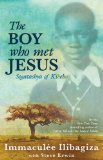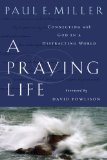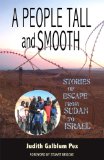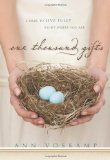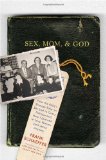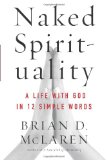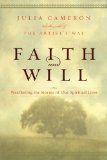Review of Love Isn’t Supposed to Hurt, by Christi Paul
A Memoir
by Christi Paul
Tyndale House Publishers, 2012. 280 pages.
Starred Review
2012 Sonderbooks Stand-out: #7 Nonfiction: Personal Stories
This powerful story had me transfixed until I finished it. Christi Paul tells about her four years of marriage to a man who abused her emotionally and the repercussions of that in her life. She deeply wanted to stay. She’d made a vow. She tried hard to be able to take it. But ultimately, her faith in God helped her see that she needed to leave and helped her recover.
This book is good on many levels. In the first place, it’s a mesmerizing story. Christi Paul tells about how she fell in love with Justin and decided to marry him. Looking back, she can see she made a bad decision, but reading the book, it’s easy to understand how it happened, and why it was hard for her to leave.
Second, this book provides a window into emotional abuse. It can help people understand how women get into a hurtful situation, and why it’s so hard to get out. It can help you see one form emotional abuse takes and give you compassion for women in that situation. Christi Paul doesn’t write to make you feel sorry for her, but she does help you understand her. She also tells the hard questions she asked herself that helped her to heal.
Third, this book is all the more compelling for women who’ve been in some kind of abusive relationship. I appreciated that she took her vows before God seriously, and was in no hurry to divorce. I think the parts that most resonated probably say a lot about the reader. (Perhaps I still need to work through feeling guilty about my own divorce?) It’s so easy to see in someone else’s life that it does not glorify God to live in such a hurtful relationship.
Now, Christi’s ex-husband was more overtly abusive than many. And she also was able to see that she’d made a mistake marrying him in the first place. It’s perhaps harder when the emotional abuse is more covert than name-calling, taking forms like blaming or defining your reality. In those cases, it’s all the harder to see clearly that this is emotional abuse and this is wrong. So I still strongly recommend Dr. Patricia Evans’ books on verbal abuse, because they are so crucial to understanding the many different forms abuse can take.
It’s also perhaps harder when the abuse starts in a mid-life crisis situation, rather than at the start of the marriage. You can’t tell yourself that you simply shouldn’t have married him. But that still doesn’t mean it glorifies God to stay in that situation.
Still, as she said:
People often think holding on is what makes you strong, but sometimes it’s letting go. I was committed to releasing all that haunted me from this relationship. I wanted to learn from it, yes, but I was no longer willing to be chained to the memories that made me feel inadequate, insecure, and fearful.
Or in another place:
Each of us has a different story. Not everyone needs to leave her partner. We don’t want to abandon people who need help. Your answer might not be to get out — only you know what’s right in your situation. And my purpose isn’t to demonize people who are abusive. They’re wounded and hurting in their own way. But please hear this: until someone is healthy enough to treat you with civility, dignity, and respect, that person isn’t healthy enough to be in your life.
The part on healing during and after abuse is especially powerful. I strongly believe that one part of healing is coming to a place of forgiveness, and that is much much easier when you can begin to see the many ways good has come into your life through the abuse. Not that abuse is good, but that as you come through it, you grow. Christi Paul shows much of her process of thinking this through, and it’s helpful and healing and thought-provoking.
I loved the way she showed that living through the abuse helped her become a stronger person in many, many different ways. I feel the same way. I like the person I am after coming through the end of my marriage, and it resonated to see Christi Paul write the same thing.
This book is strongly rooted in the author’s Christian beliefs, as you can see in this paragraph:
Hear this loud and clear, my friends: you weren’t put here to be abused. God’s will isn’t for us to wake up each day mired in fear, self-doubt, and condemnation. He wants us to see ourselves the way he sees us — wounded but worthy. To view ourselves and each other with forgiveness and grace. To trust and believe in Him despite where we’ve been, what we’ve done, or what someone told us we are.
This book is a beautiful story of hope and God’s grace, and it gives the reader plenty to think about. I know I’ll be thinking about Christi Paul’s words for a long time to come.
Find this review on Sonderbooks at: www.sonderbooks.com/Nonfiction/love_isnt_supposed_to_hurt.html
Disclosure: I am an Amazon Affiliate, and will earn a small percentage if you order a book on Amazon after clicking through from my site.
Source: This review is based on a library book from the Fairfax County Public Library.
Disclaimer: I am a professional librarian, but I write the posts for my website and blogs entirely on my own time. The views expressed are solely my own, and in no way represent the official views of my employer or of any committee or group of which I am part.
Tweet/sonderbooksco-20″ target=”outside”>Buy from Amazon.com

